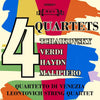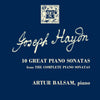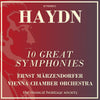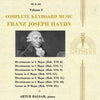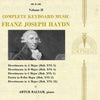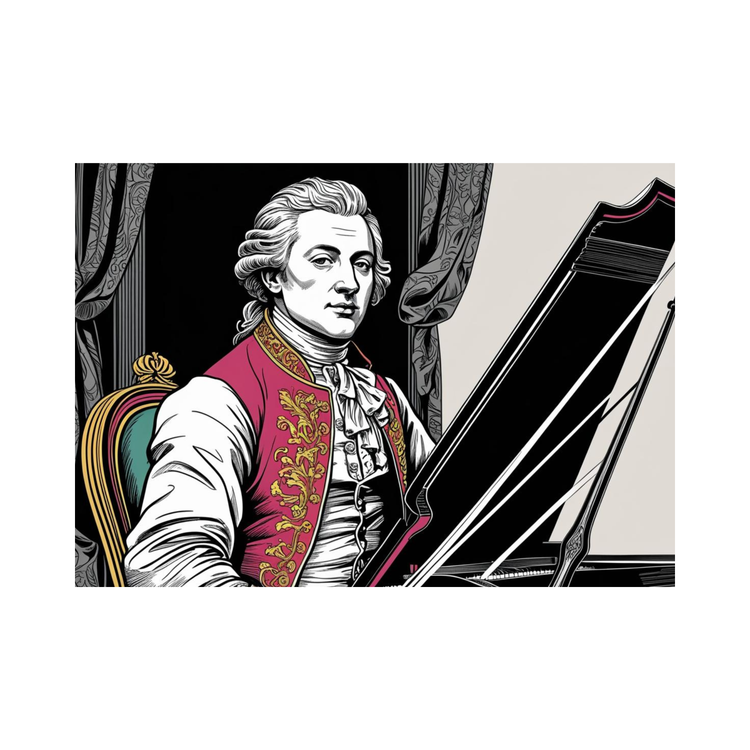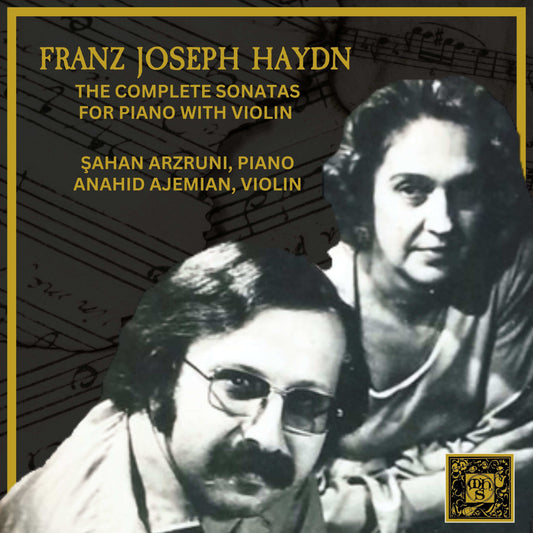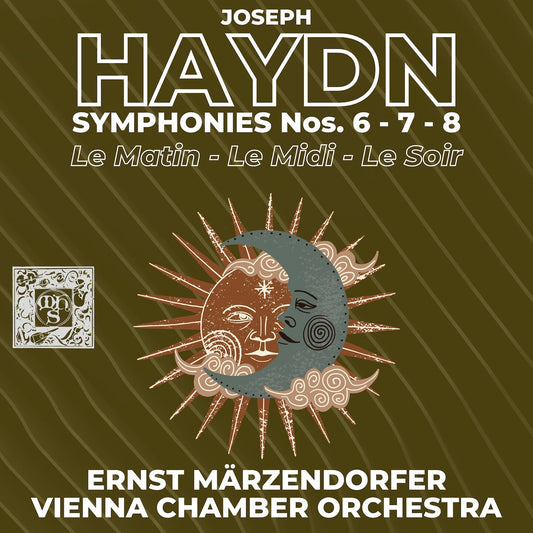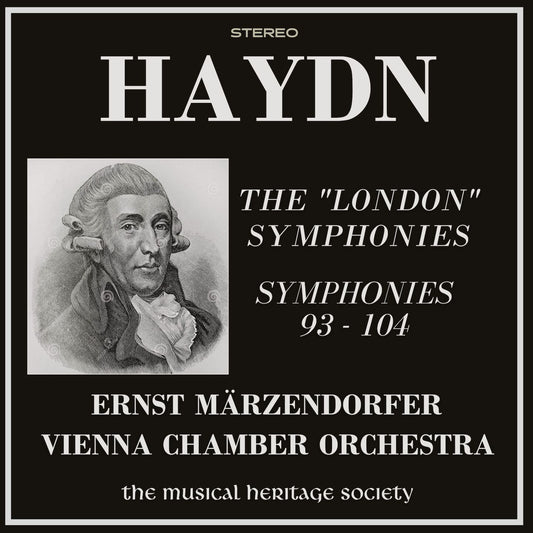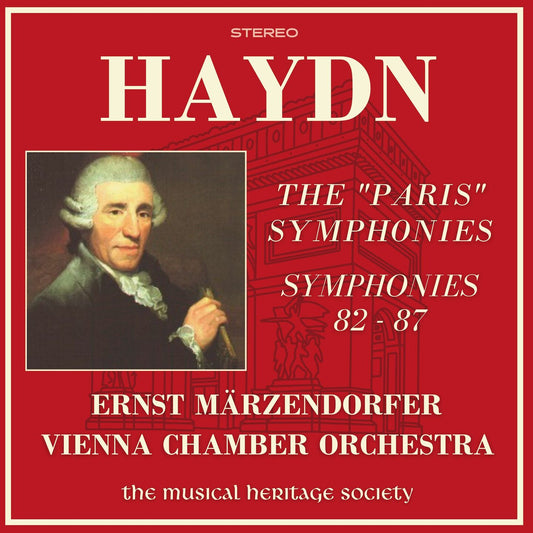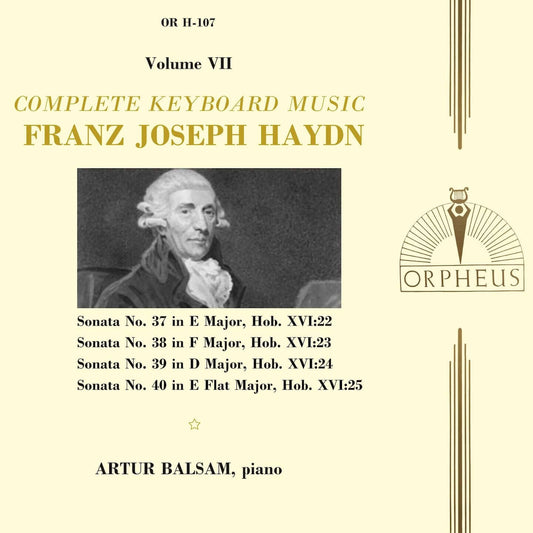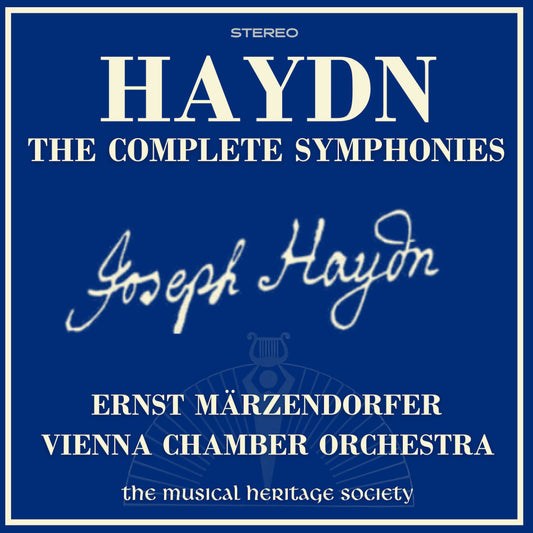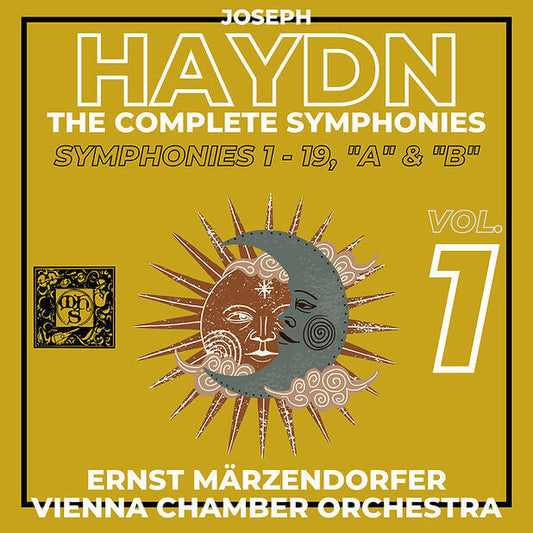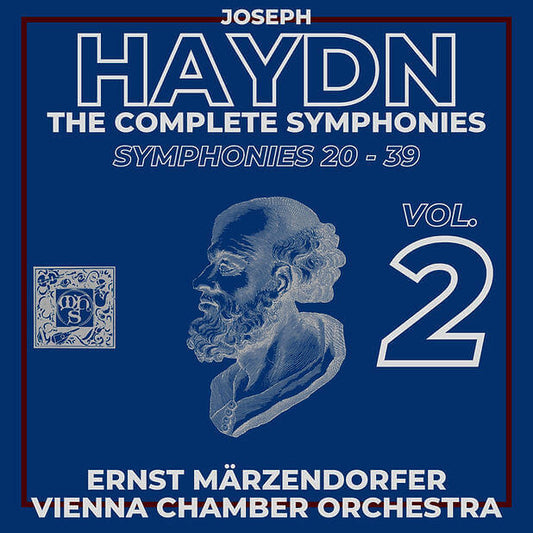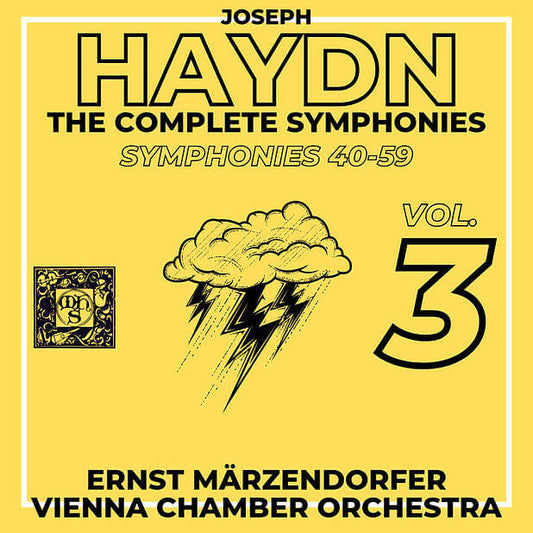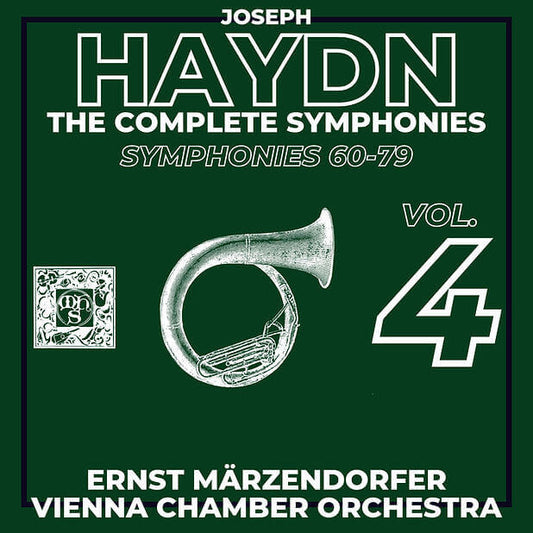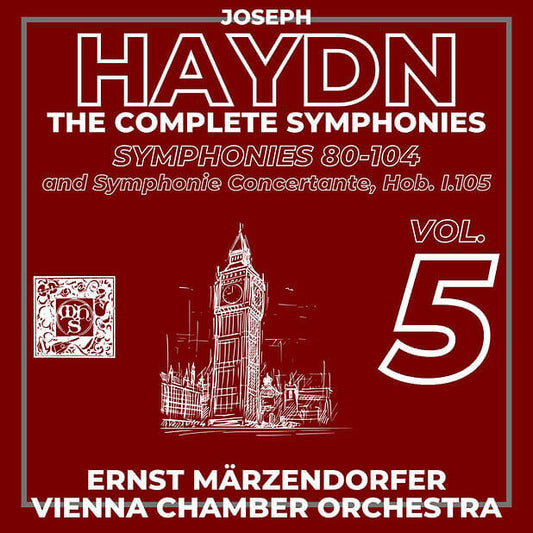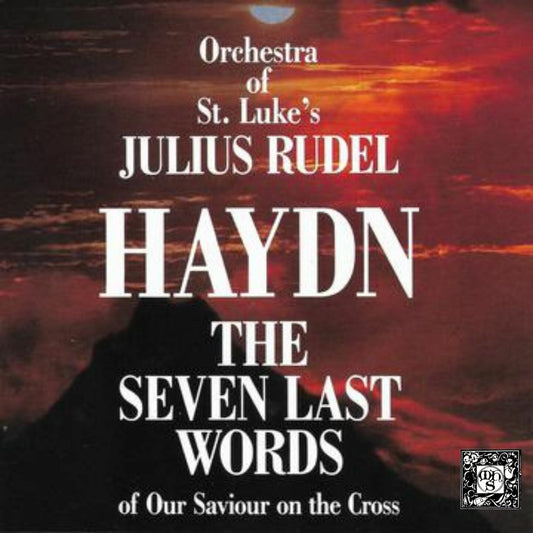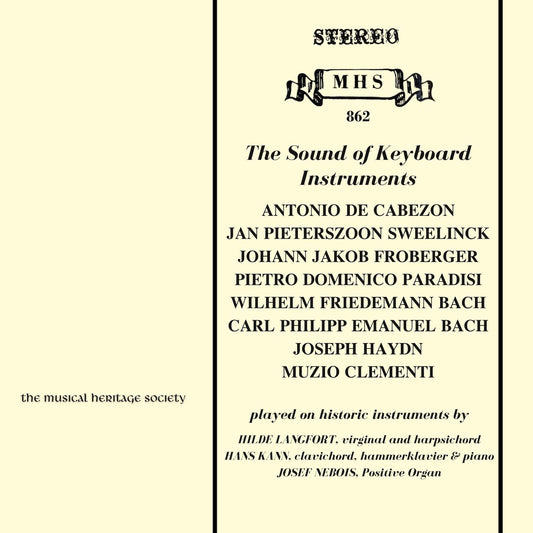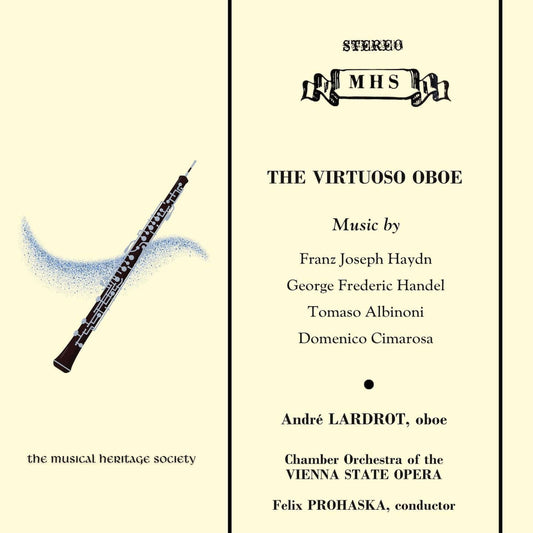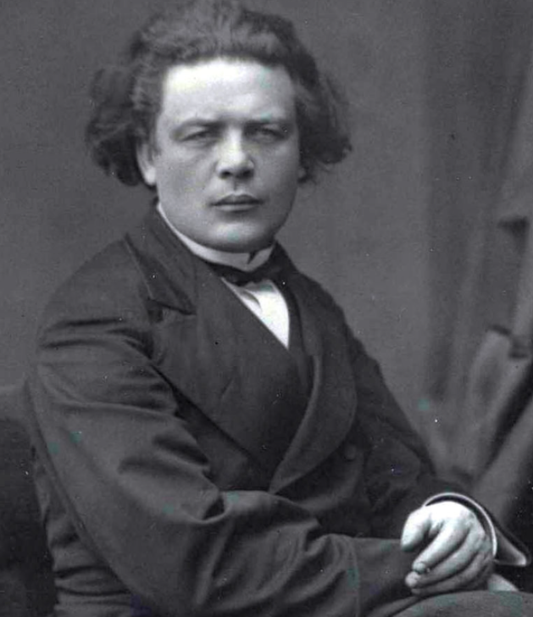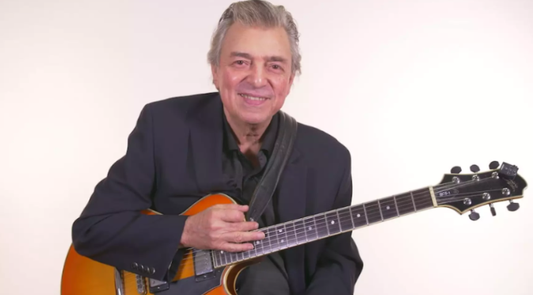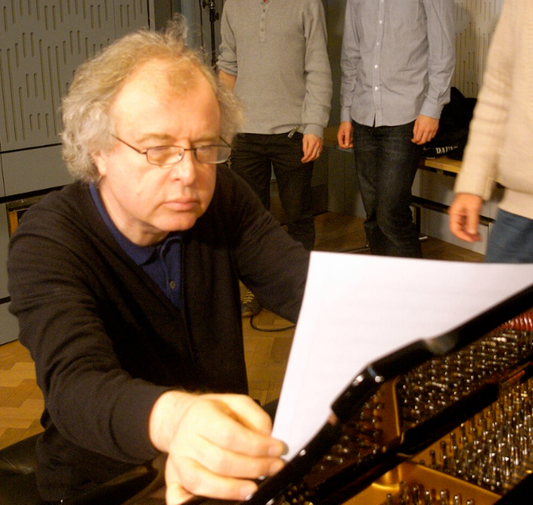Collection: FRANZ JOSEPH HAYDN (1732-1809)
Franz Joseph Haydn (1732-1809), affectionately known as "Papa Haydn," stands as a monumental figure in Western music, often hailed as the "Father of the Symphony" and the "Father of the String Quartet." His remarkably long and prolific career spanned the transition from the late Baroque to the height of the Classical era, and his innovations profoundly shaped the musical landscape for generations to come, directly influencing titans like Mozart and Beethoven.
Born in the humble village of Rohrau, Austria, Haydn's musical talents were recognized early. He was sent to Hainburg and later Vienna, where he served as a chorister at St. Stephen's Cathedral. Dismissed when his voice broke, he endured several years of hardship as a freelance musician, teaching and playing various instruments while diligently studying composition, particularly the works of C.P.E. Bach. This period of struggle honed his craft and resilience.
Haydn's fortunes changed dramatically in 1761 when he was appointed Vice-Kapellmeister, and later full Kapellmeister (music director), for the immensely wealthy and music-loving Esterházy family. This position, which he held for nearly thirty years, provided him with extraordinary stability and resources. At the Esterházy palaces, particularly the magnificent Eszterháza, he had his own orchestra, opera company, and ample time to compose. While somewhat isolated geographically, this environment fostered immense creativity. Haydn often remarked that his isolation "forced [him] to become original."
During his Esterházy tenure, Haydn composed an astonishing volume of music across nearly every genre. He produced the bulk of his over 100 symphonies, experimenting with structure, instrumentation, and expression. He refined the four-movement symphonic form (fast, slow, minuet/scherzo, fast finale) that became standard. Simultaneously, he elevated the string quartet from light entertainment to a sophisticated medium for intimate musical discourse, composing nearly 70 masterpieces in the genre, noted for their balanced interplay between the four instruments. His works from this period are characterized by clarity, formal elegance, wit, and often incorporate folk-like melodies, reflecting his own origins and surroundings. Famous examples include the "Farewell" Symphony (No. 45) and the "Surprise" Symphony (No. 94).
Following the death of Prince Nikolaus Esterházy in 1790, Haydn, while remaining nominally employed by the family, was granted more freedom. This led to two triumphant visits to London (1791-92 and 1794-95) arranged by the impresario Johann Peter Salomon. These trips were immensely successful, exposing Haydn to larger orchestras and enthusiastic public audiences. He responded with renewed vigour, composing his final twelve symphonies, the celebrated "London" Symphonies, which display greater orchestral richness, harmonic daring, and expressive depth. These concerts cemented his international fame and brought him significant financial security.
Returning to Vienna a celebrated European figure, Haydn turned his focus primarily to sacred vocal music. Inspired by Handel's oratorios heard in London, he composed his own crowning achievements in the genre: "The Creation" (1798) and "The Seasons" (1801). These large-scale works, filled with vivid musical depiction and profound faith, became instant successes and remain cornerstones of the choral repertoire.
Haydn spent his final years in Vienna, revered by the public and musicians alike. Though his health declined, his spirit remained bright. He was known for his piety, good humor, and practical nature. He died peacefully in 1809, even as Napoleon's forces occupied the city.
Franz Joseph Haydn's legacy is immeasurable. He didn't just compose vast quantities of music; he fundamentally shaped the core genres and language of the Classical era. His mastery of form, thematic development, and orchestration provided the foundation upon which Mozart perfected his dramatic intensity and Beethoven built his revolutionary expansions. "Papa Haydn" was not merely a prolific composer but a true architect of the sound that defined an age.

